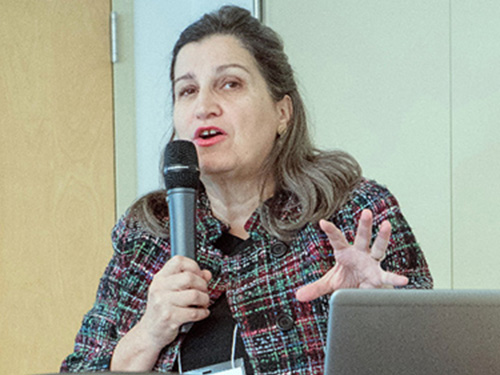More reactors and smaller, life “after 60” and the change in security protocols after Fukushima. Increasing the dynamism of economies and the need to reduce the emission of carbon dioxide are two determining factors for the future of the nuclear industry. The director of the OECD Agency for Nuclear Energy, William Magwood IV speaks in this interview with Latin Trade about: * trends in reactor installation in developed countries and in the most thriving economies, * “life after 60” for nuclear power plants * what changes the industry introduced after Fukushima. How the new protocols incorporate natural disasters not considered before. Read the full interview at: Latin Trade Does Argentina challenge the United States with its Chinese headquarters? In an […]
Privacy Overview
This website uses cookies so that we can provide you with the best user experience possible. Cookie information is stored in your browser and performs functions such as recognising you when you return to our website and helping our team to understand which sections of the website you find most interesting and useful.
Strictly Necessary Cookies
Strictly Necessary Cookie should be enabled at all times so that we can save your preferences for cookie settings.
If you disable this cookie, we will not be able to save your preferences. This means that every time you visit this website you will need to enable or disable cookies again.




